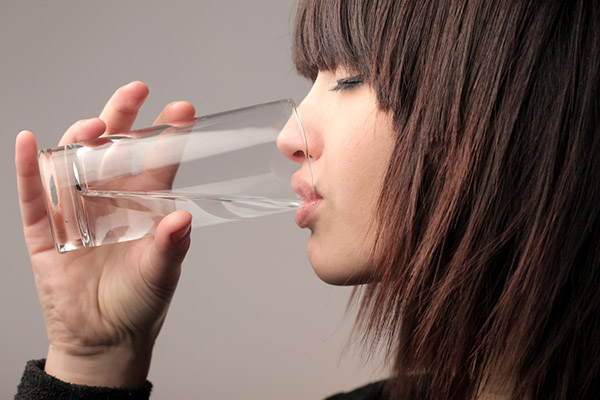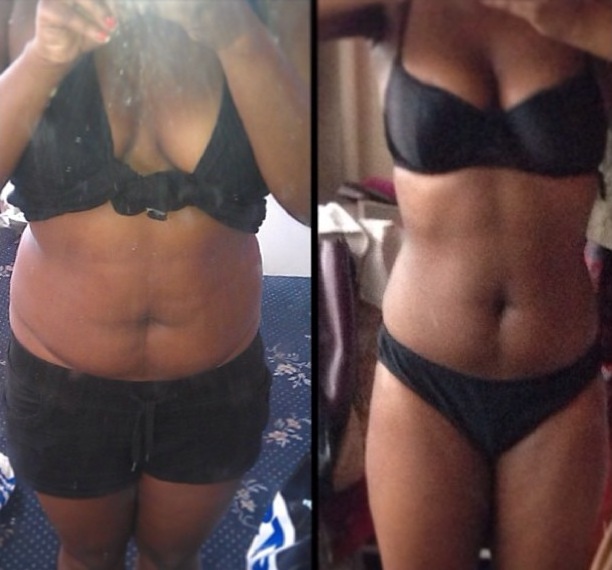One of the clinical signs of hypothyroidism is weight gain, and just because you have gained weight doesn’t mean you have hypothyroidism. It is advised that you have a thorough clinical work-up to diagnose the problem, but blood tests alone have been guilty of missing cases of the condition. So, you should look for multiple signs and symptoms associated with hypothyroidism such as cold hands and feet, hair loss, dry skin, insomnia, fatigue, depression, constipation, low libido, and of course weight gain. However, if you have been diagnosed with hypothyroidism there is still hope for weight loss.
Weight loss and hypothyroidism are incongruent for the most part, but not a losing battle. There are many things you can do to support your thyroid and help with weight loss without drugs or surgery even though you have hypothyroidism.
First, do no harm! Try not to do anything that would cause hypothyroidism worse or make long term weight loss difficult such as low calorie diets. If you engage in a low calorie diet or you eat only a couple of meals a day your thyroid will slow down to conserve energy and calories for the future. Also, look at the content of your meals and make sure the meal doesn’t contain any goitrogens. Goitrogens are any foods that inhibit the thyroid from absorbing and processing iodine. Iodine is the most important mineral for the thyroid. Goitrogens are foods that include cruciferous vegetables such as; broccoli, brussel sprouts, cabbage, cauliflower, kale, and turnips. The best way to make sure these vegetables don’t interfere with iodine absorption is to cook them. Be sure to avoid, soy, alcohol, and regular tap water that contain fluoride and chlorine because they compete with iodine absorption.
Next, make sure that you avoid hypothyroidism by giving the thyroid the nutrients it needs to function such as iodine found in seaweed, sea vegetables, fish, other sea foods and sea salt. Selenium is another important mineral for health of the thyroid and is found in brewers yeast, salmon, chicken, tuna and brown rice. Also, the amino acid tyrosine is required for the production of thyroid hormone so make sure you get enough lentils, meat, fish and milk into your diet. Ultimately, if you are supporting your thyroid with the right nutrition it will only make weight loss easier.
Now that you have addressed the foods and nutrients to avoid and to include in your diet that help with hypothyroidism you can also speed up your metabolism to make weight loss easier by exercising. One of the best forms of exercise to help speed up your metabolism is resistance training. Resistance training is the only form of exercise that can stimulate your metabolism up to 48 hours after the workout! Lifting weights is the best and most common form of resistance training. You can lose fat and decrease body weight by lifting weights 2-3 times a week along with moderate aerobic conditioning. Lift weights and challenge the body by performing 2-3 sets of 8-12 repetitions of the same exercise for each major muscle group in the body. Other forms of exercise can help you keep your weight down but if you focus on resistance training weight loss becomes easier and more consistent even with hypothyroidism.
Dr. Kevin Dobrzysnki DN
By: Dr. Kevin Dobrzynski DN






